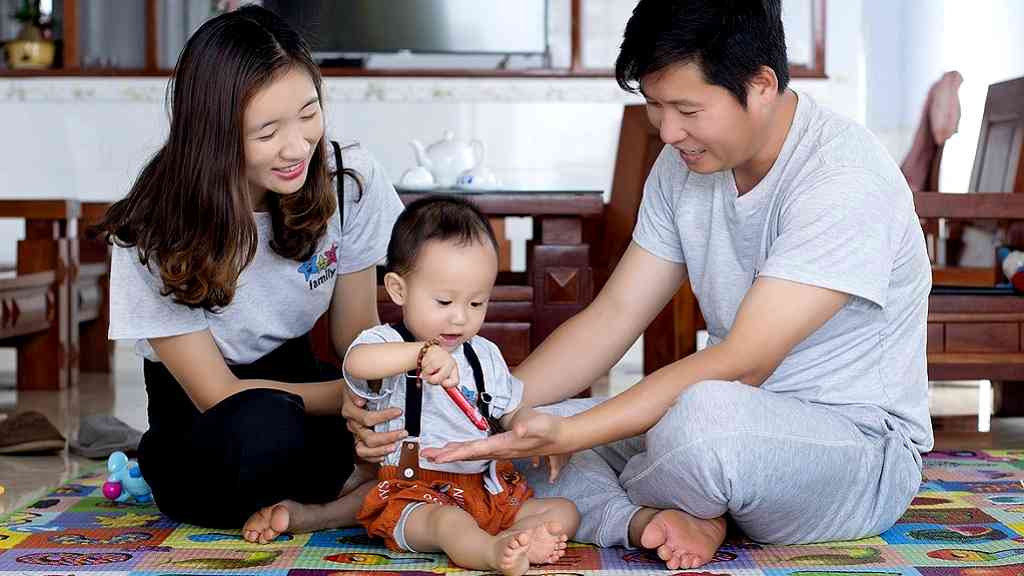Parents who avoid harsh punishments raise emotionally stronger kids: study



By Ryan General
March 8, 2024
Parents who can control their emotions and avoid harsh punishments tend to raise kids who can better cope with stress and adversity, a new study finds.
About the study: Researchers from the Singapore Longitudinal Early Development Study tracked over 2,600 Singaporean children before and during the COVID-19 pandemic. They measured factors like parents’ self-control, economic stress, parenting styles and the children’s ability to delay gratification.
Key findings: The research, led by Dr. Chen Luxi and Professor Jean Yeung Wei-Jun from the National University of Singapore, revealed that parents with better self-control, higher cognitive ability and fewer financial worries tend to rely on positive parenting methods rather than harsh punishments.
This approach leads to children with greater emotional resilience who are less likely to experience mental health issues during times of adversity. Meanwhile, reliance on punitive disciplinary approaches has been found to hinder children’s ability to learn self-control and regulate their emotions, leading to increased emotional problems.
Why it matters: The findings underscore how parents’ behavior and a supportive community make a difference in children’s emotional strength. They also highlight how a child’s environment, including neighborhood safety and social support, contributes to developing resilience in difficult times.
Opposite of “tiger parenting”: The study also suggests potential negative effects of “tiger parenting,” a strict parenting style common in some Asian households with a focus on the children achieving high academic performance and future success. In 2022, a separate study found that strict parenting may increase a child’s predisposition to suffer from depression.
What parents can do: The study suggests that parents can model self-control for their children by managing their own emotions and working towards long-term goals. Additionally, focusing on positive parenting strategies like guidance, limit-setting and open communication can help foster resilience in kids. Prof. Yeung said in a press release that parents can also benefit from attending workshops or programs to enhance their parent-child interactions.
“The need for robust community involvement and government support for parents would go a long way toward alleviating parental stress and providing them with as much support to nurture their children using constructive methods. Self-regulation in early childhood is easily shaped by internal and external environments, given the intricate and complex interplay between the two components. The government needs to continuously invest in a public safety net ahead of adversities, such as thriving neighborhoods with strong social cohesion, so that our children can grow up emotionally equipped and able to counteract the impacts of adversities that they may encounter.”
Share this Article
Share this Article





